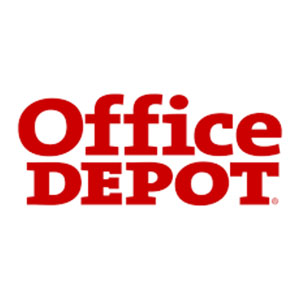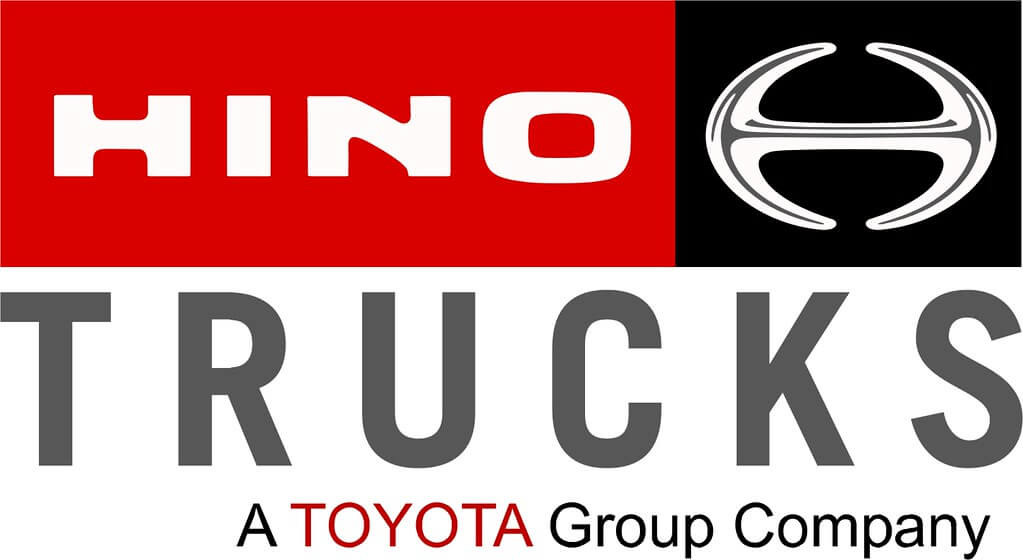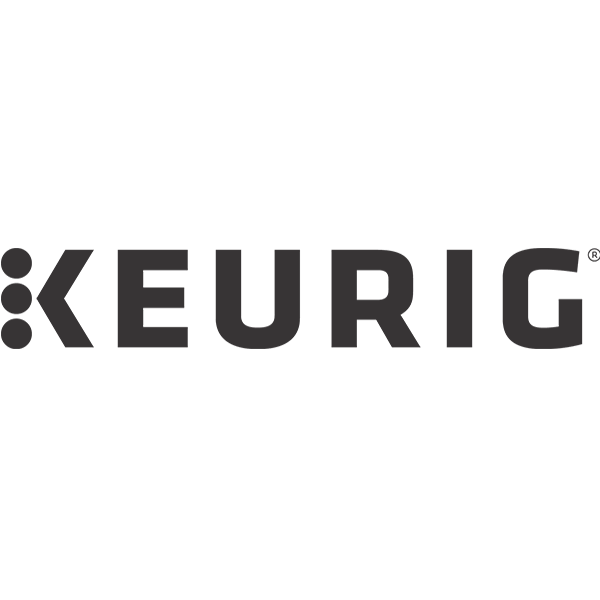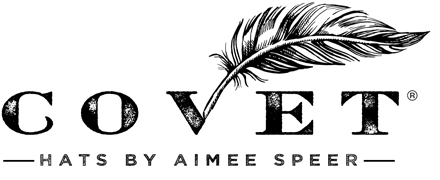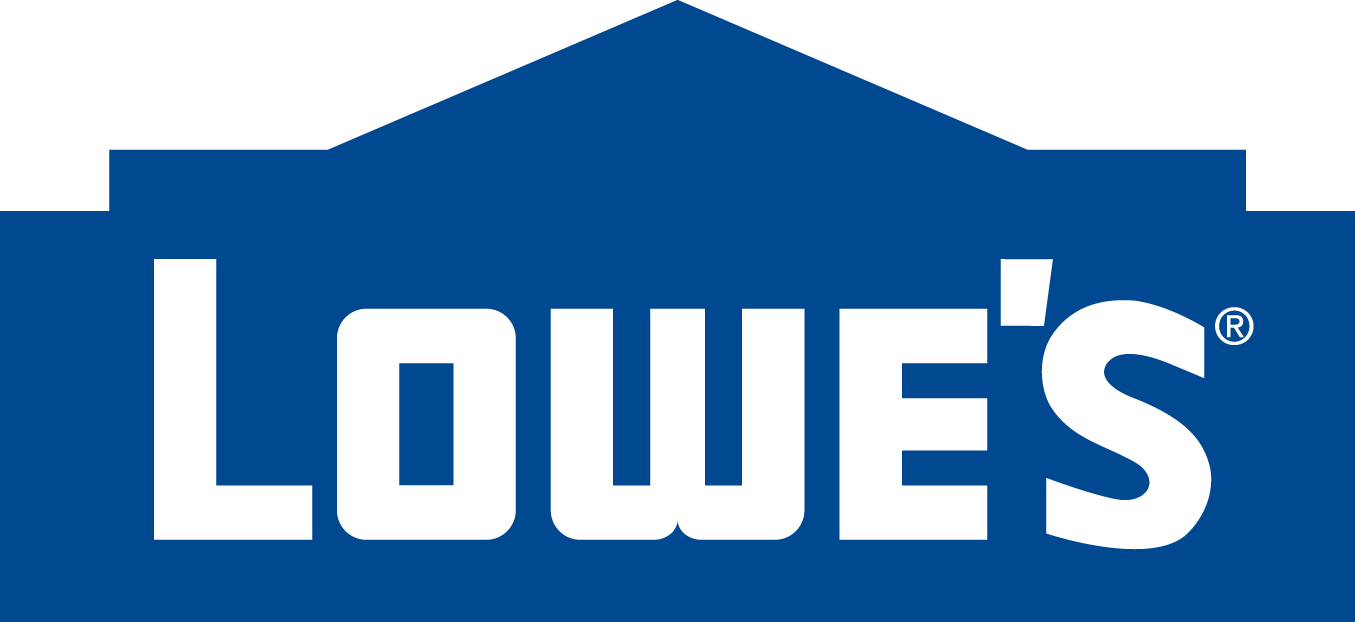In our personal and professional lives, communication matters. Good communication is the foundation of all positive relationships. Whether that relationship is with a client or a teammate, clear and effective communication strengthens your ability to collaborate.
If you’ve ever worked in a group, you know how important collaboration is. Think about the times your work didn’t go as planned. What mistakes were made? How did the issues come up? Could you have prevented it? How?
Communication will probably come up in every answer. That’s because communication is at the core of everything. So, let’s talk about the role communication plays in production!

Communication Basics
Before we talk about why communication matters so much, it’s important that we know what communication means. Many of us think of talking when we think of communication. However, communication includes a lot of different things! Let’s break down the main types of communication, as these will be relevant in any production.
Verbal
Verbal communication is spoken or signed language. This can be anything from a speech to a simple “Hello!” We often encounter verbal communication in meetings, on set, and in brainstorm sessions.
Tone and word choice play a crucial part in verbal communication. It is best to use words that are easily understood by everyone in the conversation. Additionally, be aware of how you say everything. You don’t want your message to be misunderstood because you sounded like you were upset when you were actually happy!
Written
Written communication is another staple in professional environments. Any communication that occurs over email, through messaging platforms like Slack, or in documents is written communication. This blog is even a form of written communication!
Like verbal communication, word choice is very important here. It can be difficult to convey your tone over text, so the words and phrases you use must be chosen carefully. You always want to use language that is simple and clear. Rather than trying to impress people with industry jargon, focus on words that everyone understands.
Visual
It can be easy to overlook visuals as a form of communication, but a picture really is worth a thousand words! Presentations and storyboards rely on visual communication to share ideas. Visual communication is particularly important in the pre-production phase, as it ensures everyone shares the same creative vision.
However, visual communication does not exclude words. Captions can be very helpful for providing additional context to the images or videos. As long as you don’t add too much text, you’re combining written and visual communication well!
Nonverbal
When speaking with someone, nonverbal communication is just as important as verbal communication. A person’s body language, facial expressions, and gestures add meaning to the words they say or sign.
Like tone, nonverbal cues add context to what you’re saying. If you are smiling, it is likely you’re happy or excited about the conversation. If things are stressful, it may be better to keep a more neutral expression, as a way to maintain a sense of calm. However you approach it, nonverbal communication increases your ability to connect with others!
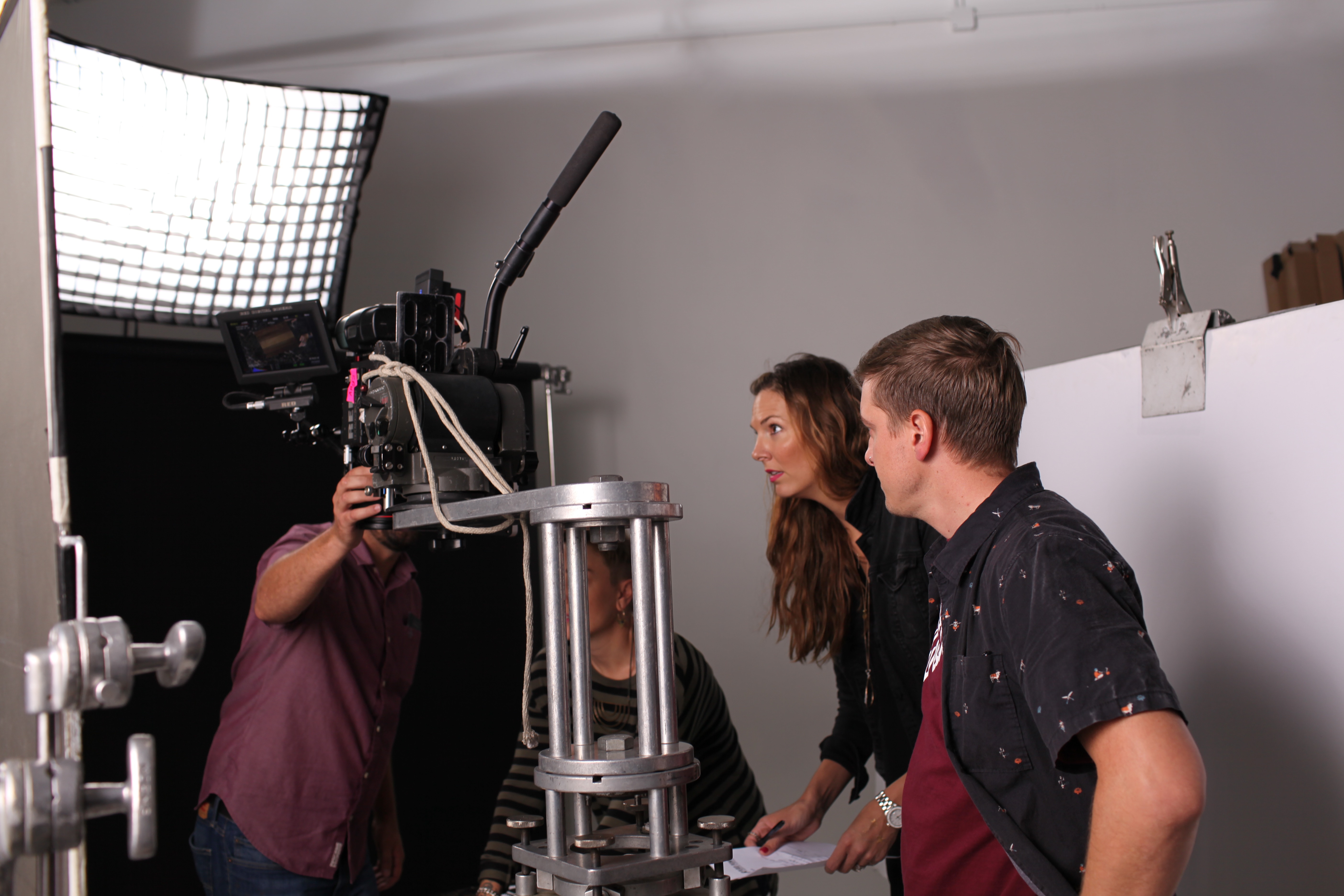
What is strong communication?
Now that we understand what communication is, let’s talk about strong communication.
Most importantly, strong communication is transparent and empathetic. You want to be clear when explaining your thoughts. Additionally, you want to be aware of the people you are speaking with. A conversation is not a one-way street, so it is vital to ensure that everyone feels heard and understood.
For production environments, strong communication should also provide direction. Everyone must work together toward a shared goal. Therefore, information must be discussed effectively. Open and consistent communication ensures that messages are not lost along the way. This is especially important for big teams, as they all must be on the same page to succeed!
Clear communication doesn’t always need to be stated as a fact, though. It can be sharing ideas, asking questions, or giving feedback. What matters is that you express yourself appropriately. This fosters positive and productive dialogue, regardless of the subject. Strong communication allows you to navigate any situation effectively because you know how to understand others and express yourself well. While people may only think of this as important in traditional workplaces, these skills are just as vital on a production set.
While the main goal of strong communication is to keep things simple, that does not limit the information you share. In fact, clear communication provides necessary information concisely. Therefore, everyone has the knowledge they need to complete their tasks. This actually reduces the number of questions that come up throughout the production process, which saves you time, energy, and money! People work much better when the answers they need are easily accessible. Who doesn't want that?
What happens when we don’t communicate well?
Clearly, strong communication comes with a lot of benefits. But what happens when we don’t communicate well?
Production is full of moving parts and many people, on and off set. If communication is not strong, this negatively affects the project from beginning to end. With so many people involved, one small miscommunication can have massive effects. If clients don’t have all the necessary information on the creative plans for the campaign, they may provide negative feedback, as they did not expect the product that you created. On the other hand, if different teams are not on the same page with project requirements or goals, the production will not go smoothly. Conflicts and questions will pop up everywhere, costing time and money. No one wants that!
Whether there is inconsistent communication across large teams or missing information in a brainstorm session, weak communication leads to confusion and frustration. This reduces morale, which reduces work quality. In the end, it is much better to put your energy into communicating well from the start. If you don’t, you’ll be stuck fixing avoidable problems and losing valuable time.

The Impact of Communication
Communication is a part of everyday life, in both personal and professional environments. For those of us in production, we know that the video production process can be complex. Clear communication simplifies it!
As we’ve discussed before, when team members are on the same page, they are more productive, trusting, and positive. Additionally, this makes teams more collaborative. Moreover, strong communication builds better relationships outside the team. Clients are more trusting when you are transparent about creative or operational decisions you make. Keeping an open dialogue yields innovation because people feel their ideas and opinions are valued. In fact, this leads to creative problem-solving because everyone feels confident to face issues head-on. Nothing makes a campaign stronger than that
We are passionate about communication at Plaid Pony Productions, with our team, our clients, and our collaborators. Our ability to produce high-quality campaigns regardless of how difficult the project may be is thanks to strong conversation. If you want to learn more, check out our campaigns or contact us. We’d love to hear from you!







